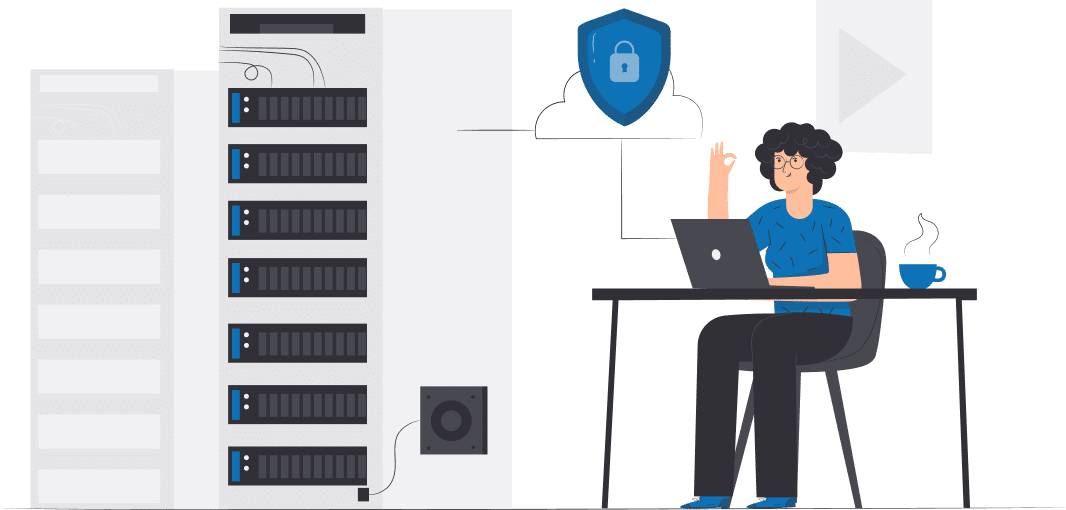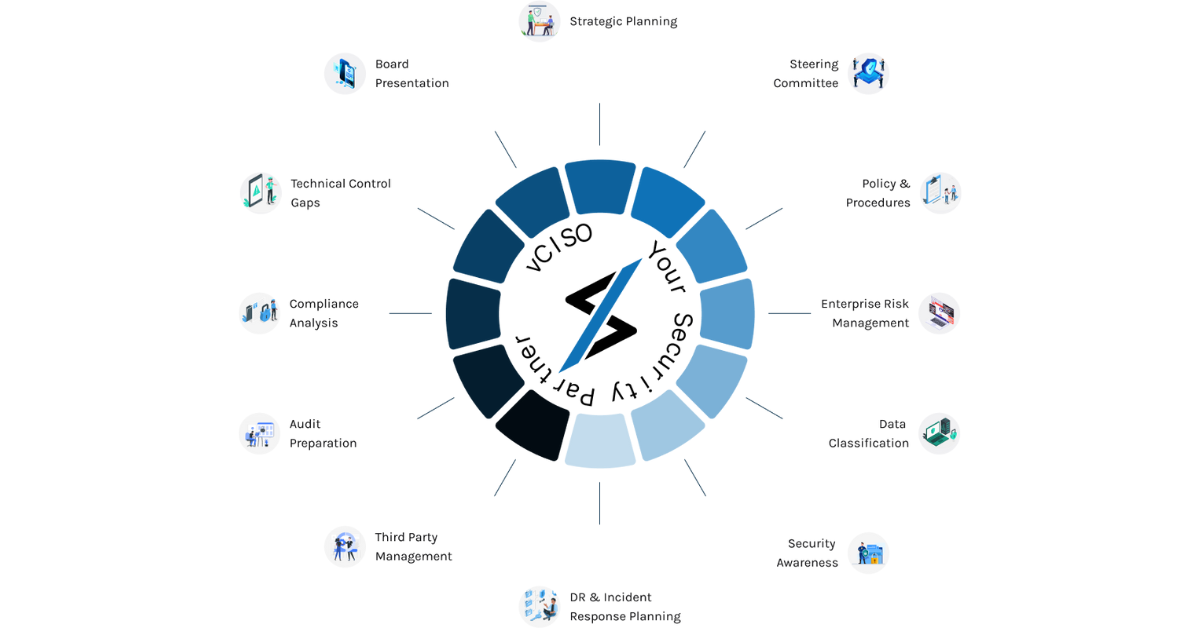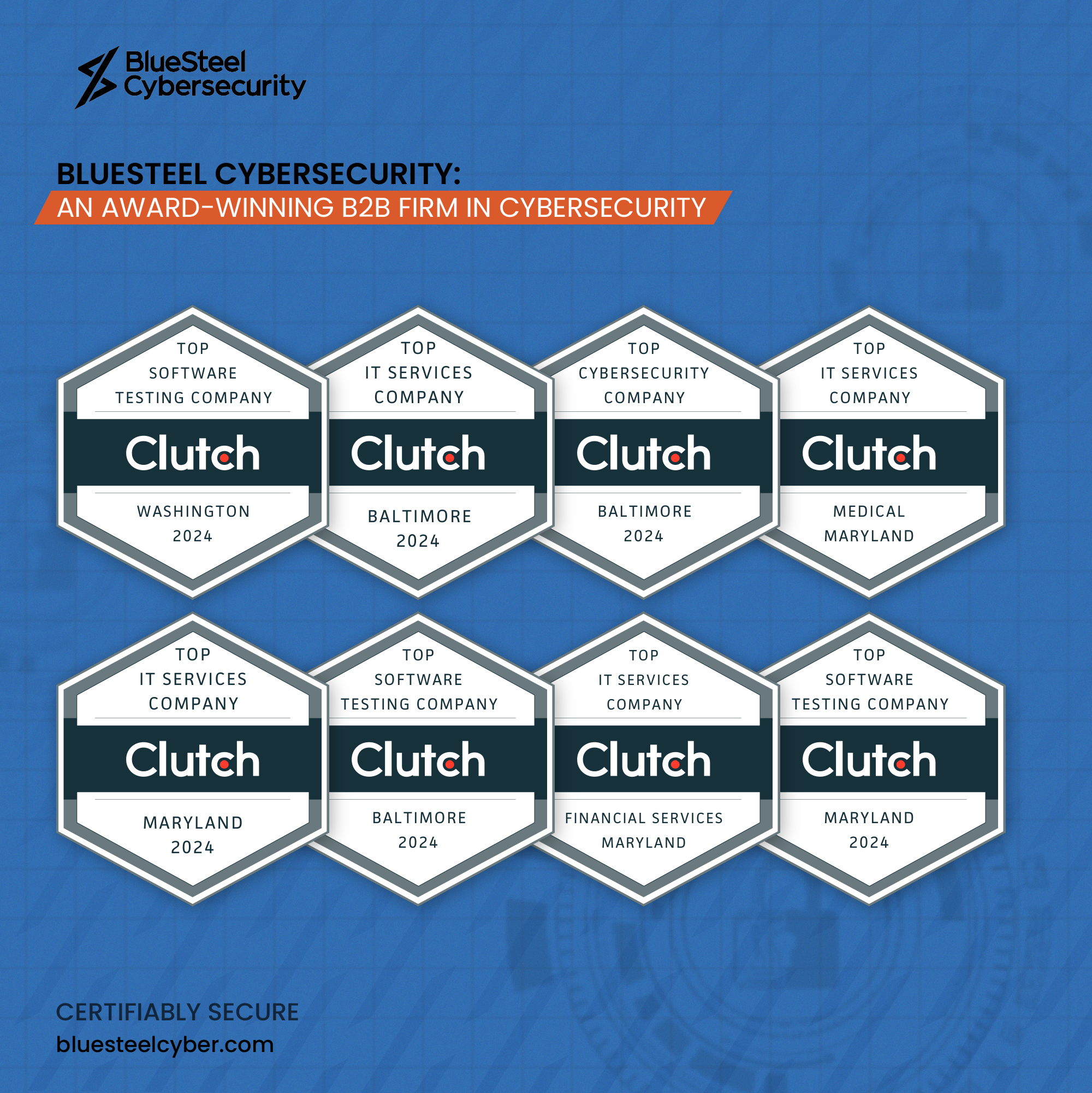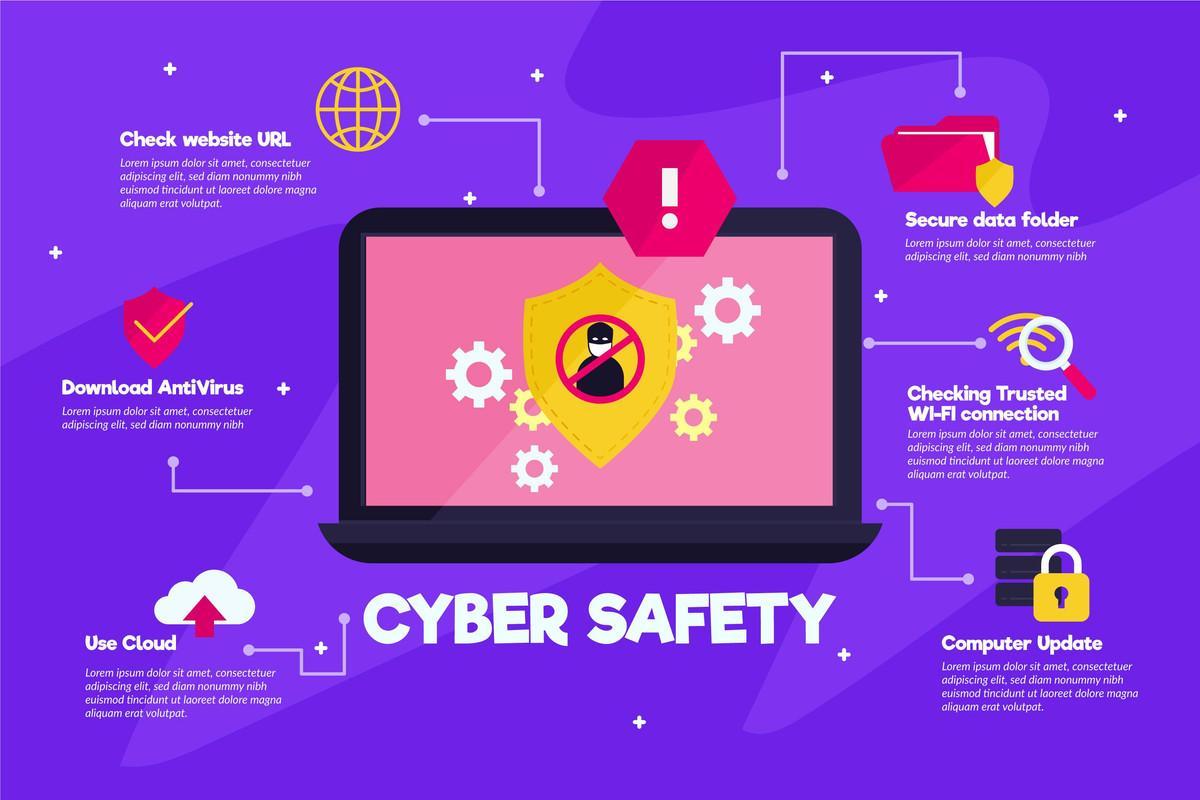According to Gartner researchers, by 2025, more than 85% of enterprises will adopt a cloud-first approach and need to deploy cloud-native architectures and technologies to implement their digital plans properly.
“Adopting cloud-native platforms means that digital or product teams will use architectural principles and capabilities to take advantage of the inherent capabilities within the cloud environment,” said Govekar, vice President of Gartner. “New workloads deployed in a cloud-native environment will be pervasive, not just popular, and anything non-cloud will be considered legacy.”
By moving to the cloud, organizations can significantly lower their IT operations costs by moving some data and assets from on-premises sites to private or public clouds.
Additionally, the cloud improves companies’ adaptability to the rapidly evolving digital market and gives them a better understanding of their expansive data ecosystems.
Nevertheless, the number of attack vectors dramatically increases as company IT infrastructure becomes more hybridized, providing more opportunities for bad actors to steal or corrupt data and assets.
With this awareness, many enterprises have quickly risen to cloud application security’s top priority list. Here’s why.
What is Cloud Application Security?
Cloud application security is the practice of safeguarding software applications that run on the cloud at every stage of development.
Cloud application security keeps track of all cloud-based assets, defends them against cyberattacks, and restricts access to only authorized users using application-level policies, tools, technologies, and regulations.
Why Cloud Application Security Is Important
Cloud application security is vital as more companies quickly move to the cloud.
Gartner researchers predict that by 2025, businesses will no longer use traditional solutions for these four areas of IT investment: the transition to the public cloud, application software, infrastructure software, business process services, and system infrastructure, up from 41% in 2022.
Likewise, by 2025, 65.9% of the money spent on application software will go toward cloud technologies, up from 57.7% in 2022, according to Gartner.
As businesses quickly move substantial amounts of their data into cloud infrastructure, it raises the possibility of security flaws that unintended actors may take advantage of and perhaps leverage to demand astronomical ransom payments.
Without robust cloud application security, an organization may suffer significant financial and reputational damage due to cyberattacks. In fact, IBM reports show that from USD 4.24 million in 2021 to USD 4.35 million in 2022, the average cost of a data breach grew by 2.6%.
No wonder zero trust deployments increased from 35% in 2021 to 41% in 2022 among companies, according to the same IBM report. On average, organizations that don’t use zero trust experience incur breach costs USD 1 million higher than those that do.
Maintaining consumer trust and safeguarding the resources that contribute to your competitive advantage depends on preventing leaks and data theft.
Fortunately, cloud application security can help with consumer trust and data safety. It is a catch-all phrase that covers:
- Access management
- Security measures and policies
- Redundancy
- Data center safety
- Security for cloud applications
- Preventing, identifying, and lessening threats
- User safety
- Network protection
- Security of the content
- Regulatory compliance
So, if it does not wholly mitigate/avoid all dangers, a well-designed and business-specific cloud security application strategy will help to reduce the risks.
Benefits of Cloud Application Security
Moving to the cloud has myriad benefits, and with the proper cloud security guidelines, you can enjoy the following benefits;
Increased Availability
Redundancies are frequently included in cloud computing security solutions to guarantee that the application and resources are always accessible.
The CDNs in use have distributed, global networks of edge servers that help deliver material efficiently, speed up the performance of applications, and reduce server access.
Together, they can manage traffic spikes better than on-premises/hardware solutions.
Data Protection
A robust cloud application security solution safeguards the entire data lifecycle from creation to disposal. Data security is built into the top cloud computing security solutions.
These cloud computing security applications stop unwanted parties from obtaining private data, such as encryption, strong passwords, multi-factor authentication, and validated backups.
Constant Visibility
Due to its high availability, cloud computing can operate safely in business-critical systems even when a single component fails.
Environmental disruptions may pose a hazard. But, the best-practice cloud security solution has continuous monitoring, geo-redundancy, and failover mechanisms. These features support your company’s digital assets and offer remedies.
For instance, continuous live monitoring helps you address problems immediately, 24/7/365. This enables you to monitor your risk posture and its effects on your business operations.
A Suitable Defense Against DDoS Attacks
Cloud security solutions offer the most effective defense against DDoS attacks, which are growing in quantity, size, sophistication, and intensity.
Cloud security solutions can fend off volumetric, low-level, and sluggish attacks thanks to their built-in redundancies, customization options, flexibility, scalability, and intelligence.
Again, devoted and knowledgeable cloud architects ensure security is implemented throughout your numerous endpoints (access ports, devices, and applications).
A robust cloud security solution contains mature processes and industry-leading technology to deliver a proactive and responsive threat management system via a centralized management center.
Active monitoring and traffic distribution can reduce risk by preventing threats like DDoS assaults.
Adherence to Regulations
Consumers and those working in regulated industries share a common concern: data security and privacy.
Excellent cloud application security vendors support adherence to legal and sector-specific compliance requirements. It accomplishes this through managed security services and improved infrastructure.
Payment-by-Use Model
Thanks to cloud application security, you only pay for what you need and consume instead of making upfront payments.
Scalability
A scalable cloud computing solution can adapt capacity, security coverage, and pricing in response to changes in demand. For instance, your cloud application security provider can increase your server capacity during times of high demand to prevent server crashes.
Likewise, your expenses reduce when your demand reduces.
The Cost of Cloud Application Security
Monitoring traffic and ensuring data security becomes more expensive and difficult the more data you store in the cloud. In a cloud or hybrid cloud environment, hundreds or thousands of applications can get pricey, with an average annual cost of thousands per application.
According to markets and markets, the demand for cloud application security is anticipated to develop at a Compound Annual Growth Rate (CAGR) of 15.1%, from $6.78 billion in 2017 to $13.67 billion by 2022.
Your industry can also affect how much your cybersecurity application security costs. Financial services, defense, and the healthcare sector are some sectors that place a high priority on cyber protection.
Still, there are a few reasons for any organization to forego creating a customized plan for its unique technological landscape.
Reduce the overall volume of monitored traffic while maintaining your visibility and control over the cloud environment to avoid ballooning cloud infrastructure security expenditures, mainly if you have limited funding.
The possible repercussions of weak cybersecurity systems are the most considerable expense.
They can result in network disruption or paralysis for days or even months. You can’t afford to ignore this because doing so might cost you revenue, harm your long-term brand reputation, or even worse.
The First Steps to Embracing Cloud Application Security
The most outstanding, reliable cloud application security begins with the code, without a doubt. Besides, the root cause of many application vulnerabilities is a flawed architecture rife with design errors.
Yet, you can safeguard your applications from the start with a security-by-design strategy. Beyond this approach, however, there are many other application security best practices that you should consider as you adjust your approach.
- Consider the security of your cloud infrastructure, whether public or private. Adopting this mentality as the default removes complacency and comfort in presuming the cloud is sufficiently safe.
- Each part of your application should have security protections in place, which should happen at every stage of development. Make sure you assign the proper controls to each distinct component.
- The installation and configuration process automation is vital. You will need to repeat these procedures for your next-generation applications even if you’ve already done so. Be careful to test and retest them periodically.
- Use SaaS services to delegate time-consuming security chores and refocus your attention on initiatives with higher economic value. SaaS is reasonably priced and doesn’t need a separate IT team to configure items.
Security-First Cloud-Computing Approaches
Take the time – as a critical priority – to enhance the security of your cloud infrastructure before a cyber disaster forces your hand. According to Gartner research, privilege mismanagement accounts for 75% of security breaches.
You can eliminate this risk by utilizing integrated authentication controls, role-based access, encryption, firewalls, governance, and policy enforcement.
Cloud security is a crucial component of your overall business strategy and is not just an IT issue. As a result, careful cloud security planning should begin with the CEO gathering cloud security specialists for a roundtable discussion.
Businesses with an eye toward the future and a multi-environment architecture should support their IT teams by hiring cloud application security providers with expertise in providing effective cloud security services.







